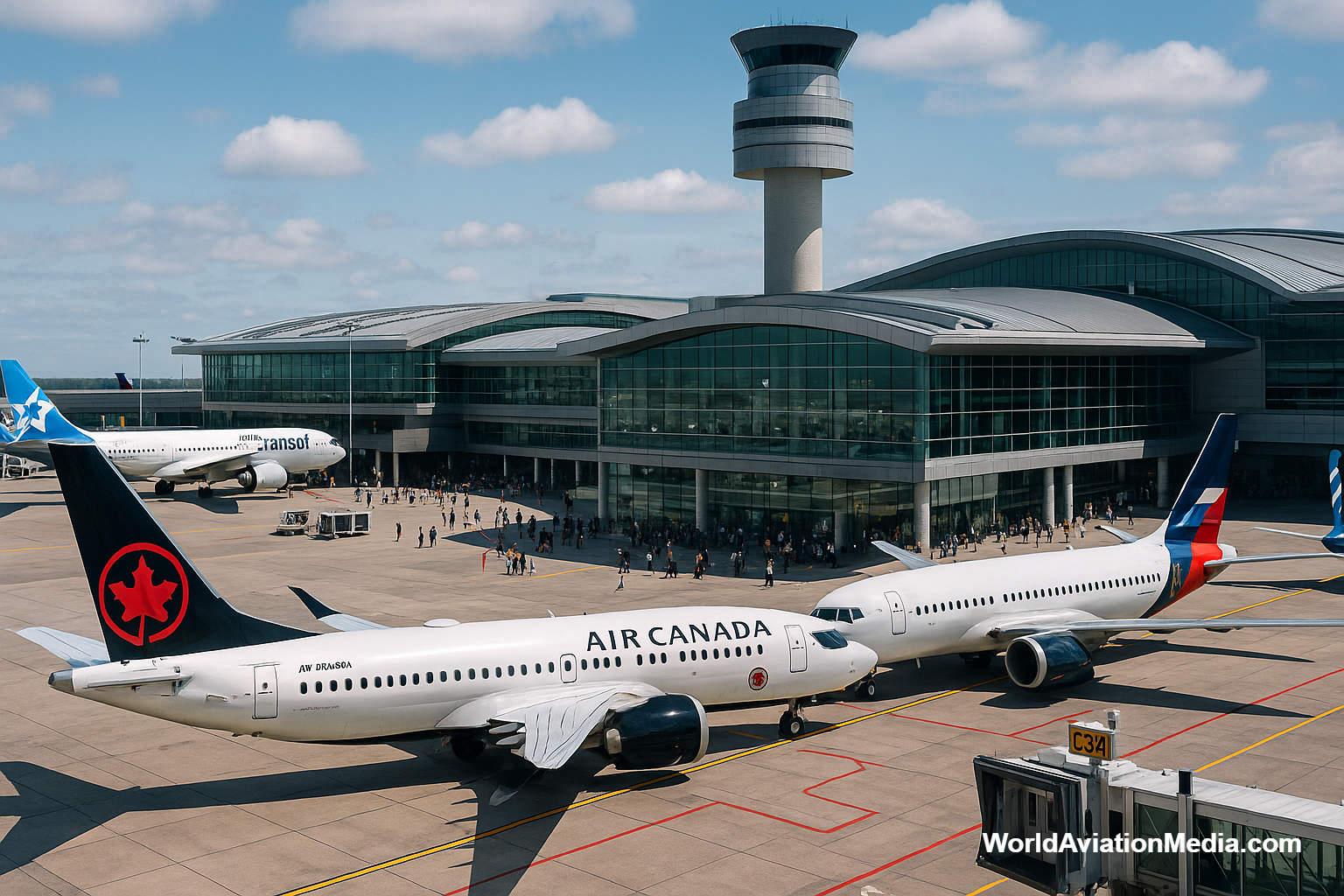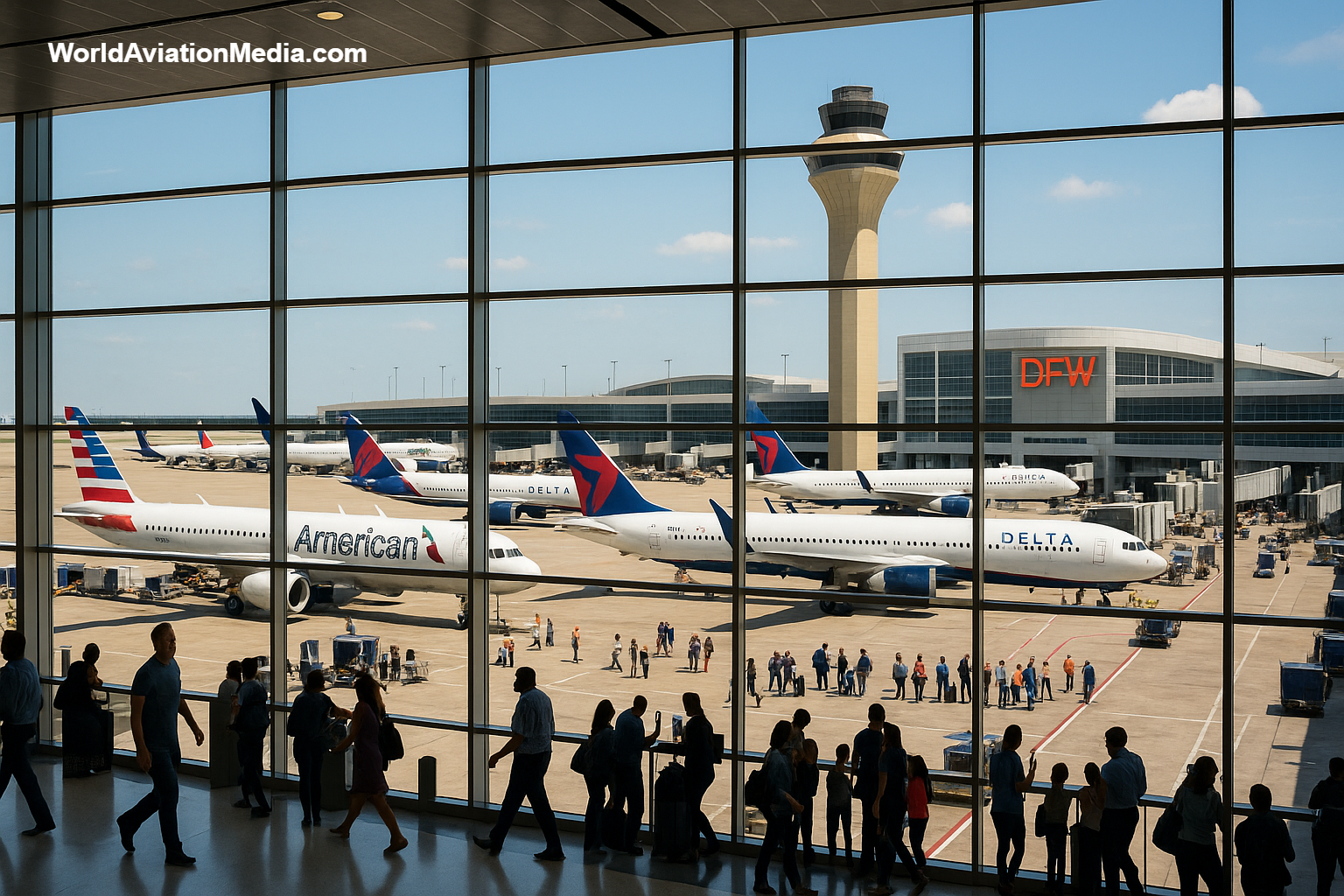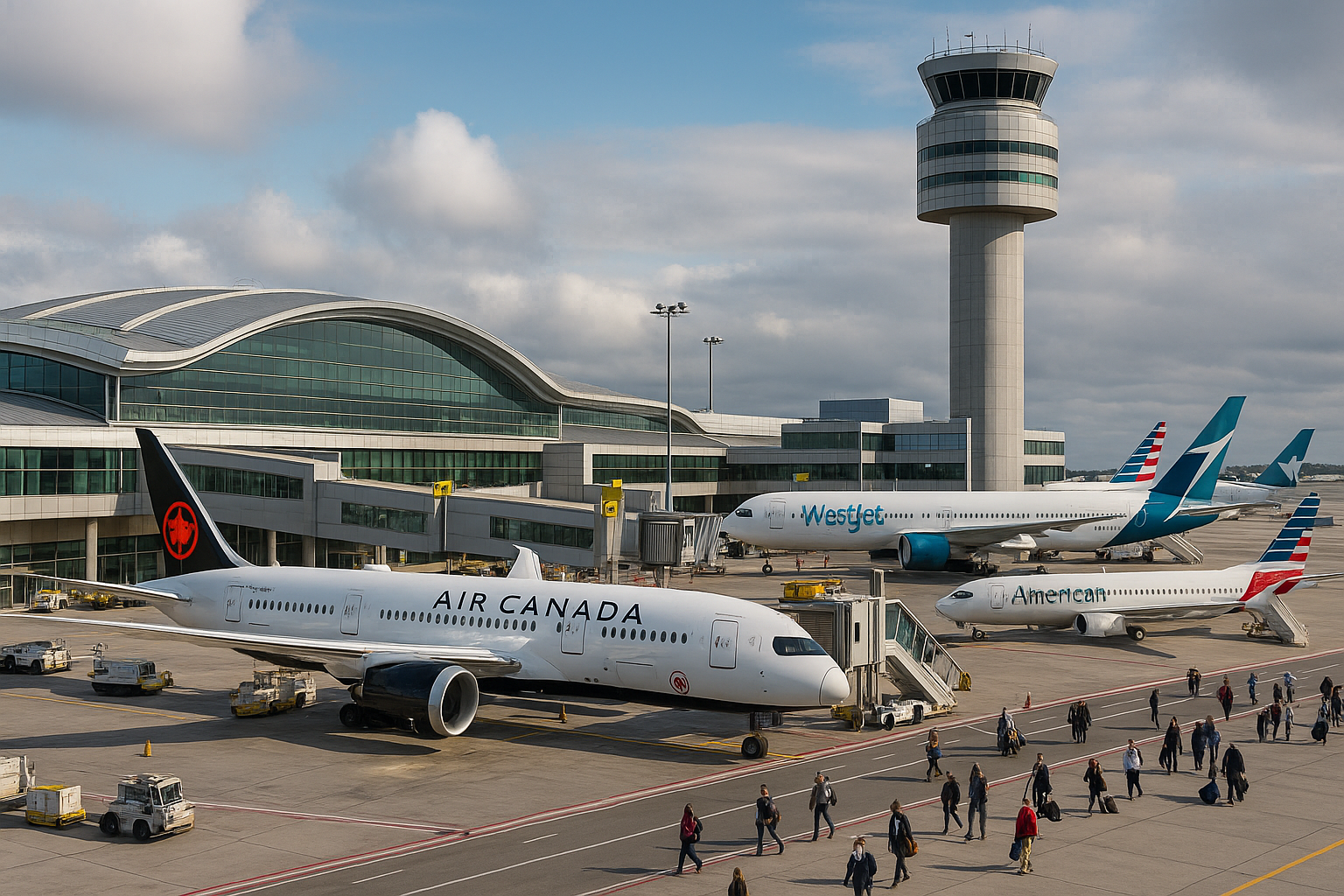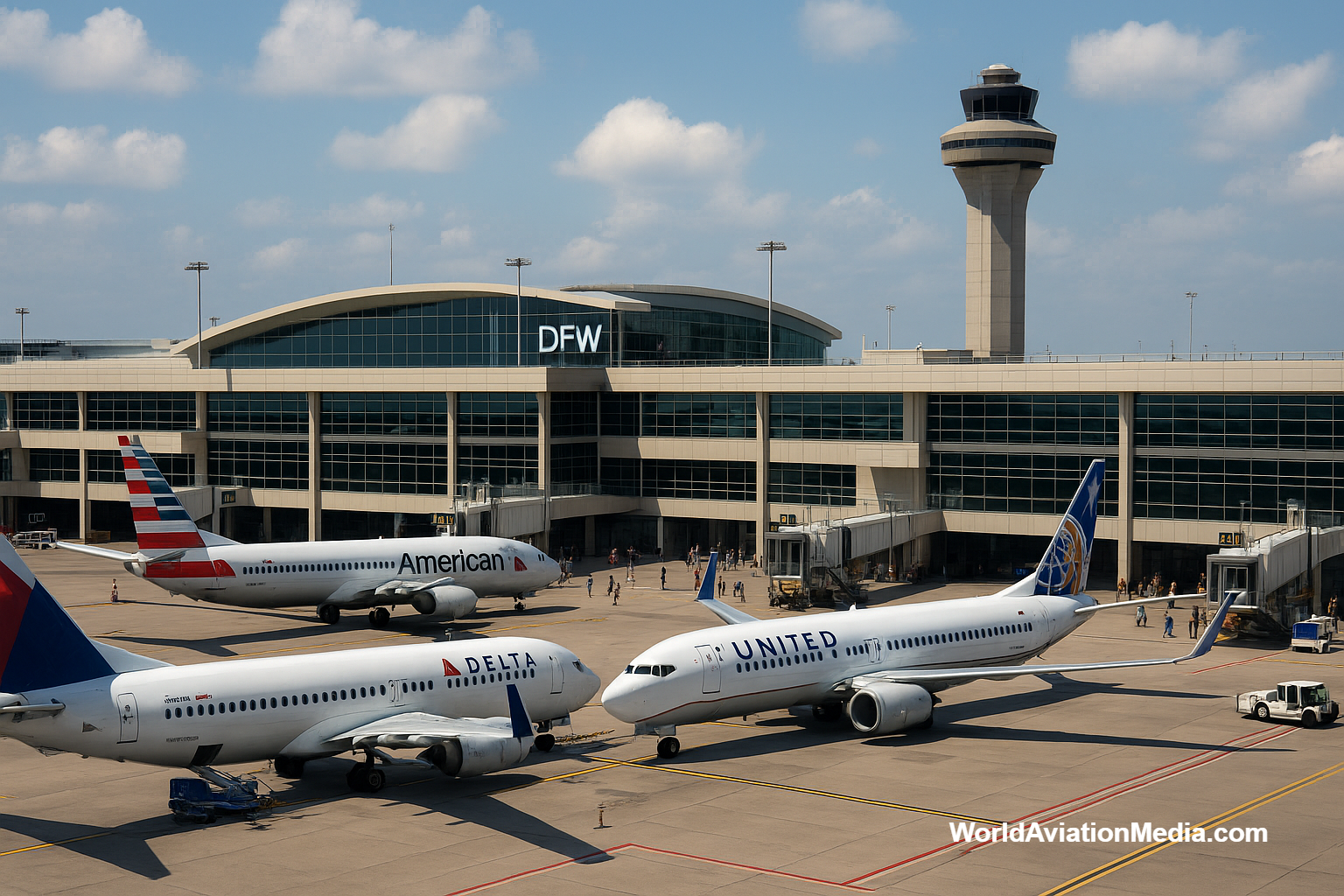Top 10 Airport Industry Milestones of 2023
The airport industry in 2023 has witnessed a series of groundbreaking milestones, propelled by technological innovation, regulatory changes, and evolving global travel patterns. Here's a closer look at the top 10 transformative events that are redefining the airport industry.
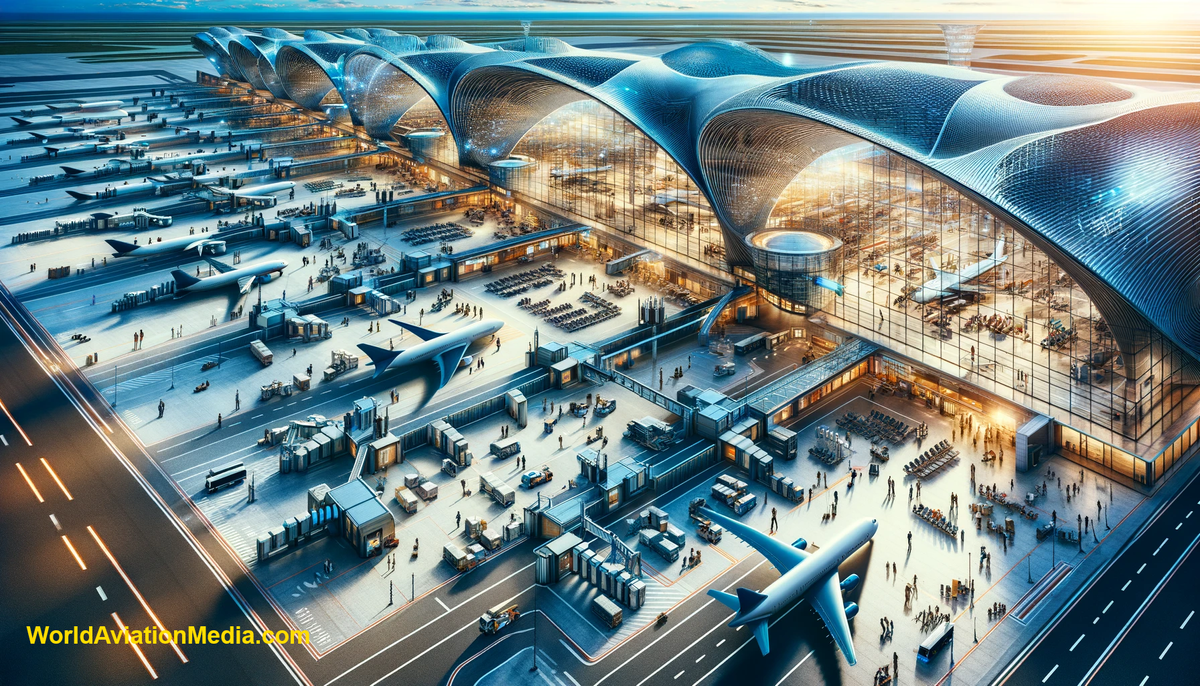

Top 10 Airport Industry Milestones of 2023
Key Takeaways:
- Understanding the impact of technological advancements on airport operations.
- Recognizing the influence of global events on airport security and travel policies.
- Identifying the trends in airport sustainability and infrastructure development.
The airport industry in 2023 has witnessed a series of groundbreaking milestones, propelled by technological innovation, regulatory changes, and evolving global travel patterns. Here's a closer look at the top 10 transformative events that are redefining the airport industry.
1. Implementation of Advanced Biometric Screening
Leading airports, such as Heathrow Airport, have revolutionized security and passenger flow by integrating state-of-the-art facial recognition technology, significantly diminishing wait times.
2. Expansion of Contactless Services
Pioneering airports like Singapore Changi are at the forefront of adopting touchless technologies, spanning from check-in kiosks to boarding gates, and introducing contactless payment systems and virtual customer service agents.
Advertising
3. Major Airport Infrastructure Developments
Significant expansion efforts, including Los Angeles International Airport's (LAX) modernization, are designed to boost capacity and upgrade facilities, catering to the surge in passenger volumes and enhancing the allure of travel hubs.
4. Advancements in Sustainable Airport Design
Airports such as Amsterdam Schiphol are showcasing eco-friendly designs, incorporating solar energy and living roofs, showcasing a dedication to environmental responsibility.
5. Introduction of Ultra-Long-Haul Flights
The commencement of new routes, exemplified by Qantas' Project Sunrise, covering extraordinary distances, necessitates adjustments in airport operations to support these extensive flights.

6. Adoption of Artificial Intelligence in Operations
Airports are integrating AI for diverse uses. Dubai International Airport, for instance, employs AI for crowd control and enhancing operational efficiency.
7. Strengthening of Airport Cybersecurity Measures
To counteract digital threats, airports, including Hartsfield-Jackson Atlanta International Airport, have intensified their cybersecurity protocols to safeguard critical data and operations.
8. Regulatory Changes Affecting Airport Operations
New legislations, such as the European Union's Airport Charges Directive, are shaping how airports manage operational and environmental compliance.
9. Strategic Alliances and Partnerships
Partnerships, like the collaboration between Munich Airport and Lufthansa, are improving service offerings and operational efficiency, promoting a unified travel ecosystem.
10. Response to Global Health Concerns
Airports remain committed to health and safety protocols, as demonstrated by Tokyo's Narita Airport with its advanced cleaning processes and health screening measures.

Advertising
Summary:
In 2023, the airport industry has wholeheartedly adopted significant technological advancements, infrastructure upgrades, and a pledge to sustainability and safety. Innovations like advanced biometric screening and the emergence of ultra-long-haul flights are charting the course for the future of air travel. Airports are increasingly concentrating on improving efficiency, security, and the passenger experience.
